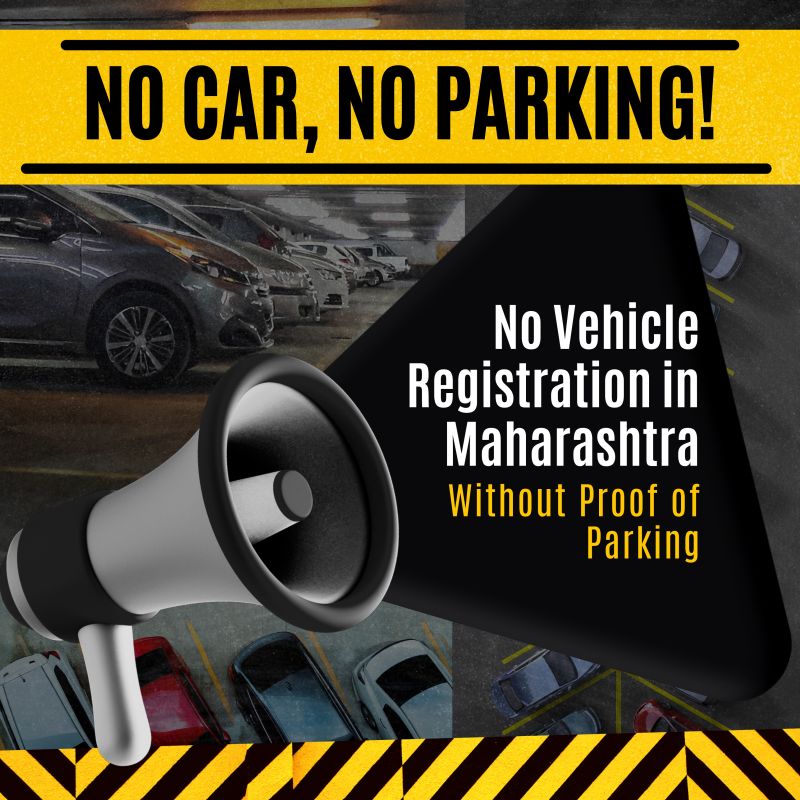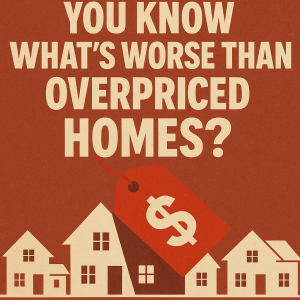Maharashtra’s proposed “No Parking, No Car” policy may sound like a logical step to reduce congestion—but let’s pause and look at how this plays out for everyday homebuyers.
Here’s what the ground reality looks like:
The parking-to-apartment ratio is broken.
- In affordable housing, the parking ratio is generally 0.3 to 0.5 — meaning only 3-5 parking spots for every 10 flats.
- In mid-income housing, it’s slightly better — around 0.7 to 1 — still not even one space per family.
- So even if a buyer wants to follow the rule, has the money, and is willing to pay, parking may simply not be available.
Will this apply to existing societies too?
- Most older buildings weren’t designed for today’s car ownership levels.
- They have no space left to create new parking—how will they comply?
- How will these communities comply?
Current public transport isn’t a viable alternative.
- Let’s be honest , public transport isn’t efficient, reliable, or safe enough to replace personal vehicles—especially for families, senior citizens
What’s the government doing to incentivize builders?
- Instead of mandating parking as a part of basic building norms, this rule shifts responsibility to homebuyers.
- There’s no structured incentive for builders to increase parking, and no disincentive if they don’t.
- Before enforcing new restrictions, why not first reform the supply side?
Will builders exploit this?
- Absolutely a risk. Builders may hike parking prices as a way to generate extra profits, knowing buyers will be desperate to comply.
My view:
Rules like “No Parking, No Car” may have good intentions—but if not backed by system-level preparedness, they often cause more confusion, non-compliance, and corruption.
People will find unethical ways to “prove” they have parking.
False affidavits, fake approvals, and under-the-table deals will rise—not because buyers are dishonest, but because the system forces them into a corner.
Instead, the government should:
- Fix parking norms at the construction approval stage.
- Incentivize additional parking creation.
- Strengthen public transport before restricting private movement.
Take input from all stakeholders—buyers, RWAs, builders—before passing blanket rules.
Without that, we’re setting ourselves up for rule-breaking—not rule-following.
What are your thoughts on this policy?
Let’s build smarter cities—but let’s do it with full context.
Article written by Ankit Agarwal, CEO and Founder of Housiey.






